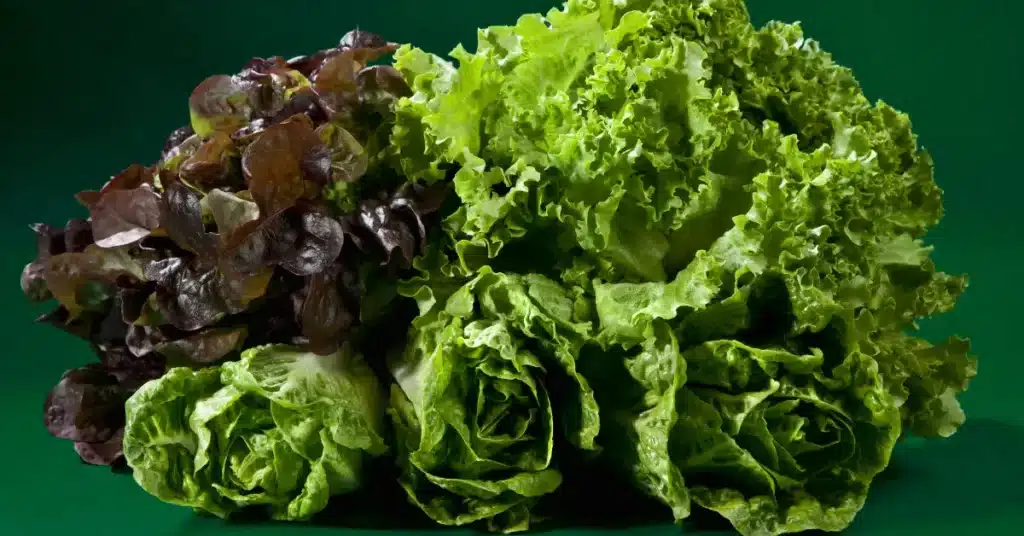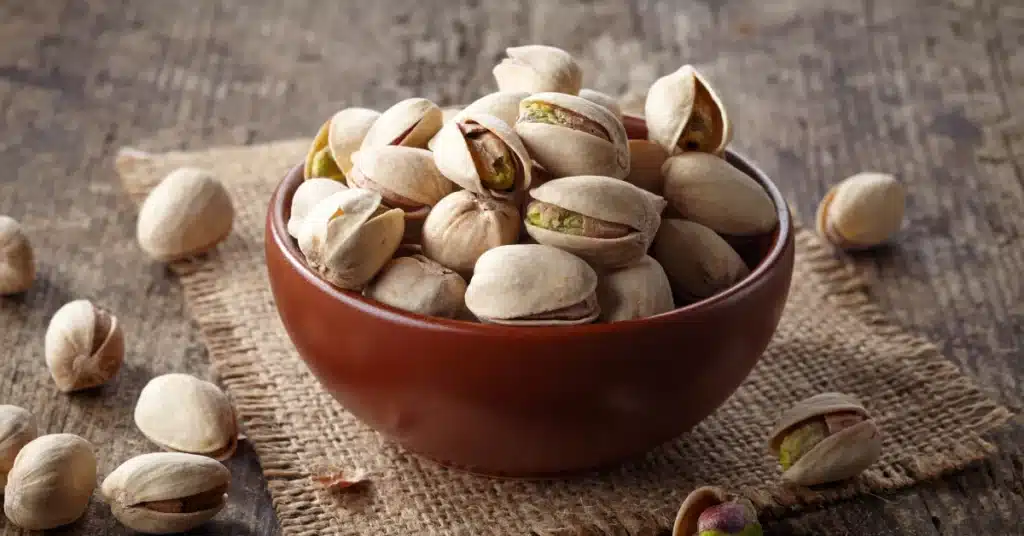Foods to Reduce Eye Pressure: Optimize Your Eye Health
Maintaining optimal eye health is crucial for overall well-being, one aspect of which
is managing eye pressure.
Elevated eye pressure, often associated with conditions like Glaucoma, can potentially lead to vision impairment if left untreated.
While medical interventions are essential, incorporating a balanced diet with specific foods can be a complementary approach to help reduce eye pressure.
In this article, we will explore foods to reduce eye pressure that have been linked to potential benefits in lowering intraocular pressure.
By making informed dietary choices, you can preserve your vision and promote ocular wellness.
Foods that lower eye pressure
Opting for nutritious foods to lower eye pressure can reduce the likelihood of developing Glaucoma.
A well-balanced diet promotes overall health and diminishes the risk of conditions like Diabetes and high blood pressure, which pose additional threats to eye health.
So, prepare your grocery list and be ready to incorporate these nutrient-rich selections to bolster your eye health.
Colorful vegetables & fruits
Including fruits and vegetables into your diet is a fantastic and delicious way to promote overall health.
These natural wonders are brimming with essential nutrients that not only benefit your entire body but also have the potential to reduce your eye pressure.
Furthermore, they are abundant sources of essential antioxidants like Lutein and Zeaxanthin.
These valuable compounds play a pivotal role in shielding your eyes from oxidative stress, which can lead to optic nerve damage and the onset of Glaucoma.
You have a wide array of colorful produce, including carrots, celery, cantaloupe, sweet potatoes, peaches, beets, bell peppers, and an assortment of berries.
Additionally, cruciferous vegetables, such as Brussels sprouts, cabbage, broccoli, and bok choy, provide a substantial supply of Vitamin C to enhance your eye health further.
Leafy greens

Indulge in generous portions of leafy green vegetables to benefit from a substantial intake of nitrates.
The consumption of nitrates leads to an elevation in nitric acid levels within the body, subsequently enhancing blood flow.
Research has demonstrated that nitric acid can effectively reduce eye pressure and mitigate the risk of primary Open-angle Glaucoma, the most common form of this condition.
You can opt for kale, spinach, romaine lettuce, arugula, and endive among the superb options available.
These potent foods contribute to eye health and offer protection against conditions like cancer, heart disease, and Age-related Macular Degeneration (AMD), yet another eye-related ailment.
Fish & seafoods
Incorporating essential fatty acids from fish varieties into your diet reduces eye pressure and fosters overall eye health.
Specifically, Omega-3 fatty acids, renowned for their anti-inflammatory properties, enhance nerve function.
Fish such as salmon, sardines, halibut, oysters, and tuna are particularly effective in lowering the risk of Glaucoma.
Simultaneously, they protect against Age-related Macular Degeneration and contribute to the prevention of heart disease.
Seeds & nuts

Vitamin E stands out as another crucial nutrient for safeguarding and maintaining the health of your eyes.
The good news is that Vitamin E is abundant in some of the most enjoyable snacks.
Reach for a handful of nuts and seeds like almonds, pistachios, and sunflower seeds to give your eyes a healthy boost.
Additionally, these delectable options offer the added benefit of reducing the risk of Cataracts and Age-related Macular Degeneration.
Magnesium enriched food
Here’s an additional compilation of delightful foods that contribute to the well-being of your eyes: bananas, avocados, pumpkin seeds, and black beans.
These delectable options serve as excellent sources of Magnesium, which plays a pivotal role in enhancing blood flow to the eyes.
This is particularly advantageous for individuals dealing with ocular hypertension or Glaucoma.
Conclusion
Taking proactive steps to manage and reduce eye pressure is essential for maintaining good eye health and lowering the risk of conditions like Glaucoma.
You can promote overall eye wellness by incorporating nutrient-rich foods into your diet.
These include colorful fruits, vegetables, leafy greens, fish and seafood, seeds, nuts, and Magnesium-rich options.
These foods help lower eye pressure, provide protection against various eye-related ailments, and contribute to your overall well-being.
While a balanced diet is just one aspect of eye care, it is a delicious and enjoyable way to take control of your eye health and support a brighter, clearer future.
Read Glaucoma’s Natural Treatment: An Effective Approach Towards Treating Your Eye Condition Naturally.
Frequently Asked Questions
What foods to eat to lower eye pressure?
To promote eye health, focus on a diet rich in fruits and vegetables, particularly those abundant in Vitamin A, Vitamin C, carotenes, and nitrates. This encompasses a range of options, such as leafy greens, carrots, cruciferous vegetables, berries, citrus fruits, and peaches.
How can I lower my eye pressure naturally?
To naturally lower eye pressure, maintain a healthy lifestyle with regular exercise, manage stress, and consume a diet rich in fruits, vegetables, and Omega-3 fatty acids. Stay hydrated, avoid excessive caffeine, and follow your doctor’s recommendations for eye care.
What is the best fruit for eye pressure?
Citrus fruits, such as oranges, lemons, and grapefruits, are rich in Vitamin C, which is crucial in forming and maintaining connective tissue, including corneal collagen. Additionally, Vitamin C supports the overall health of blood vessels within the eye.
WowRx uses only high-quality sources while writing our articles. Please read our content information policy to know more about how we keep our content reliable and trustworthy.






